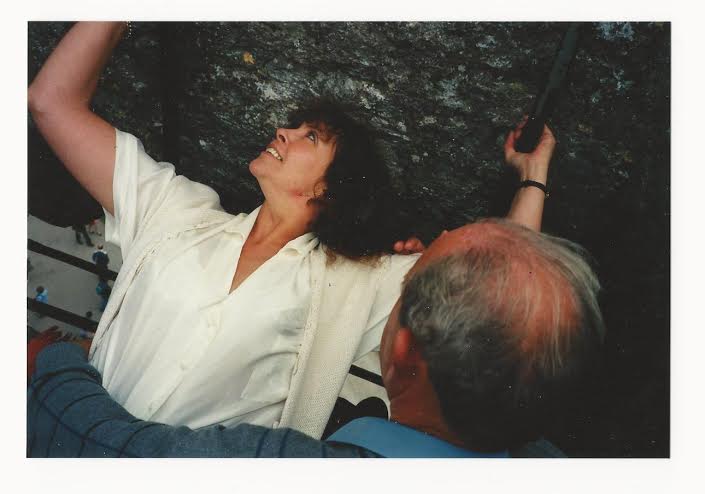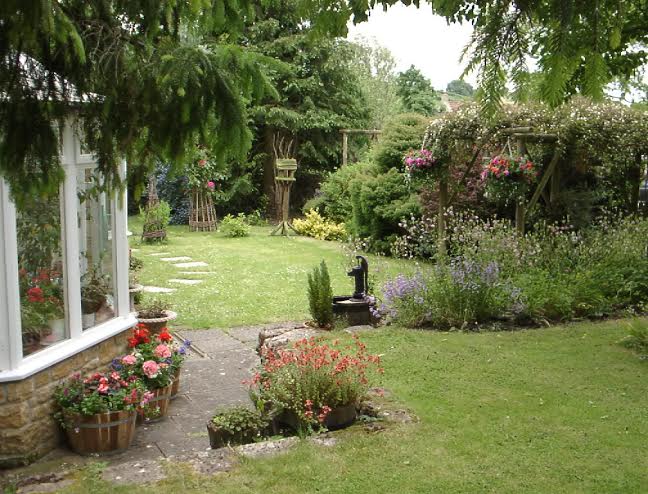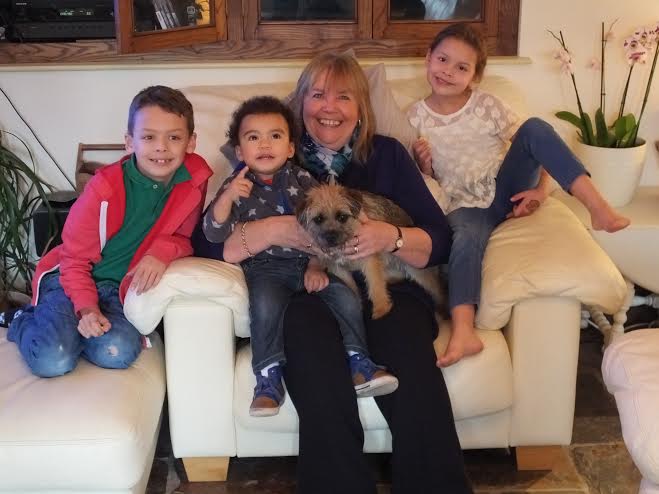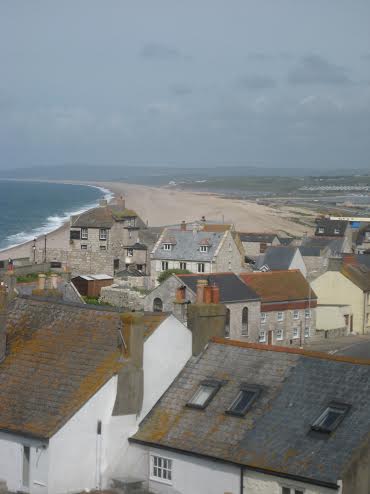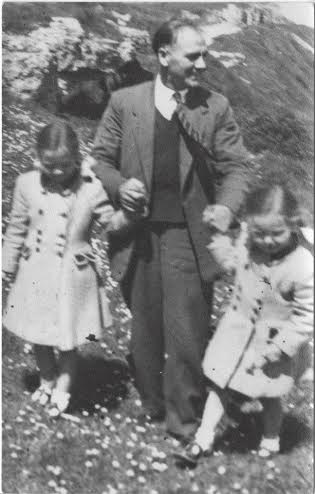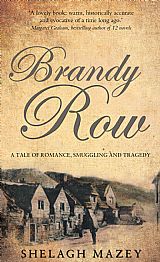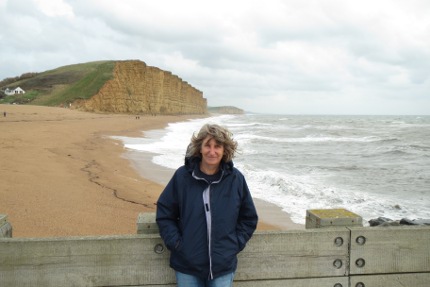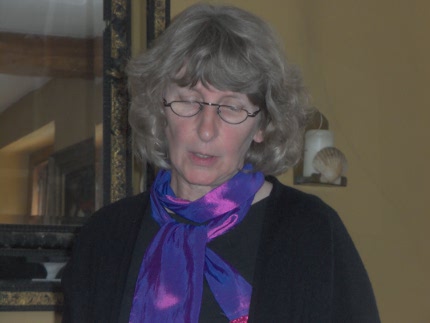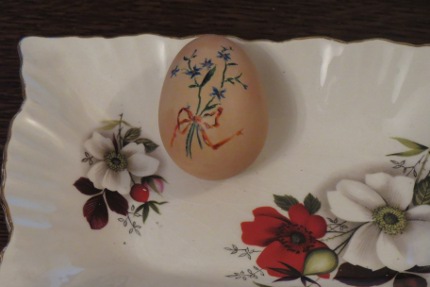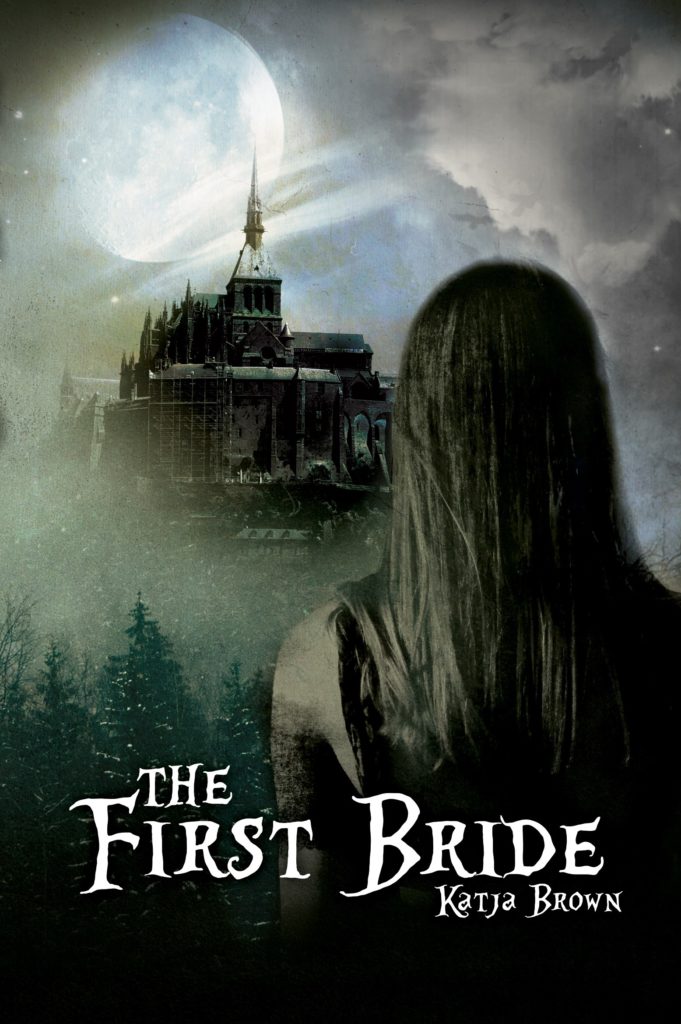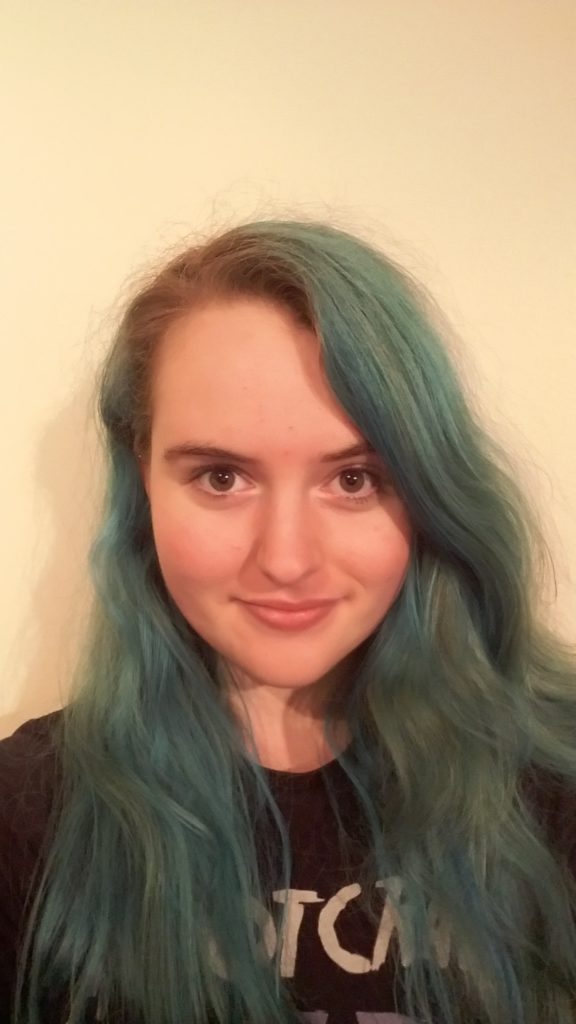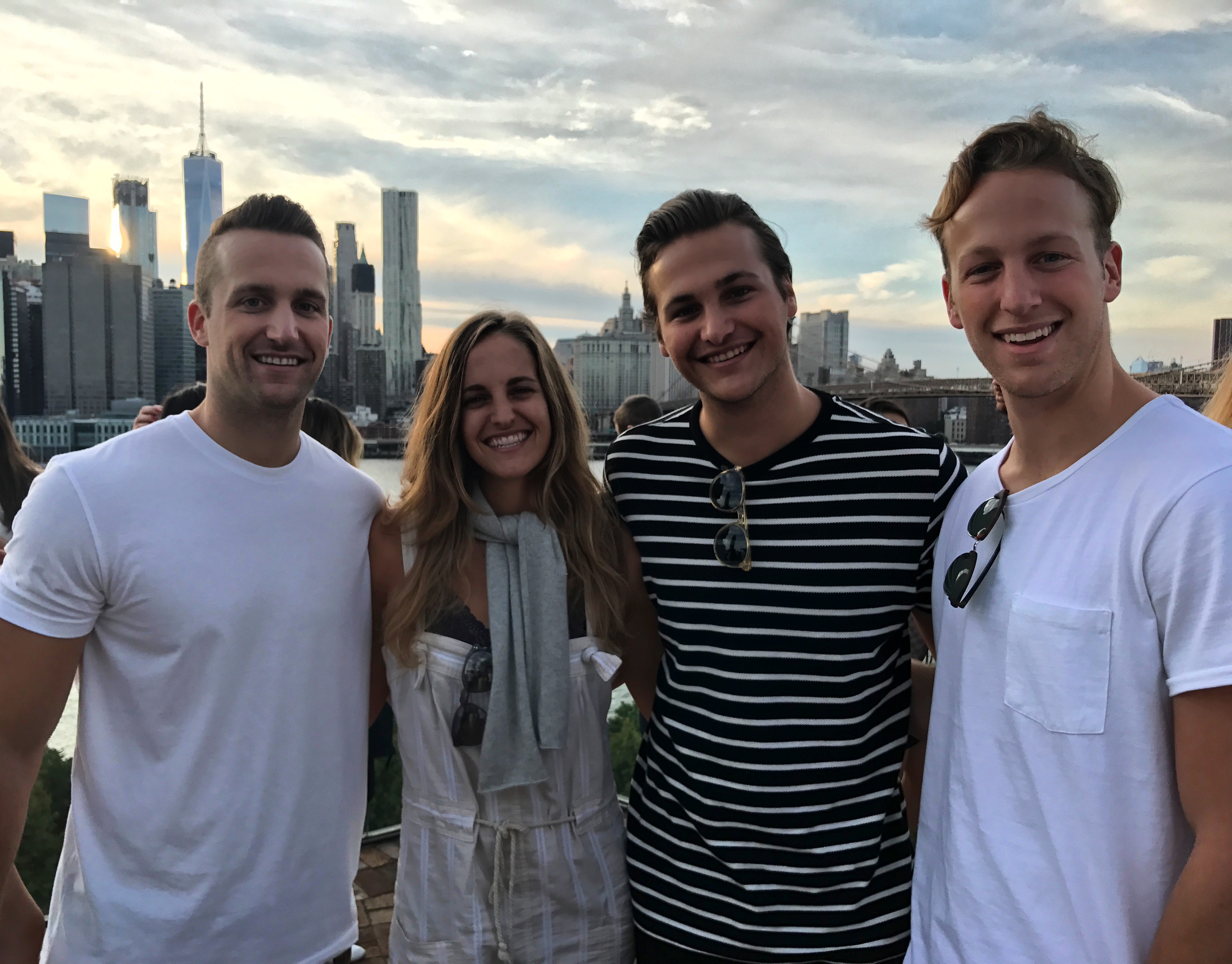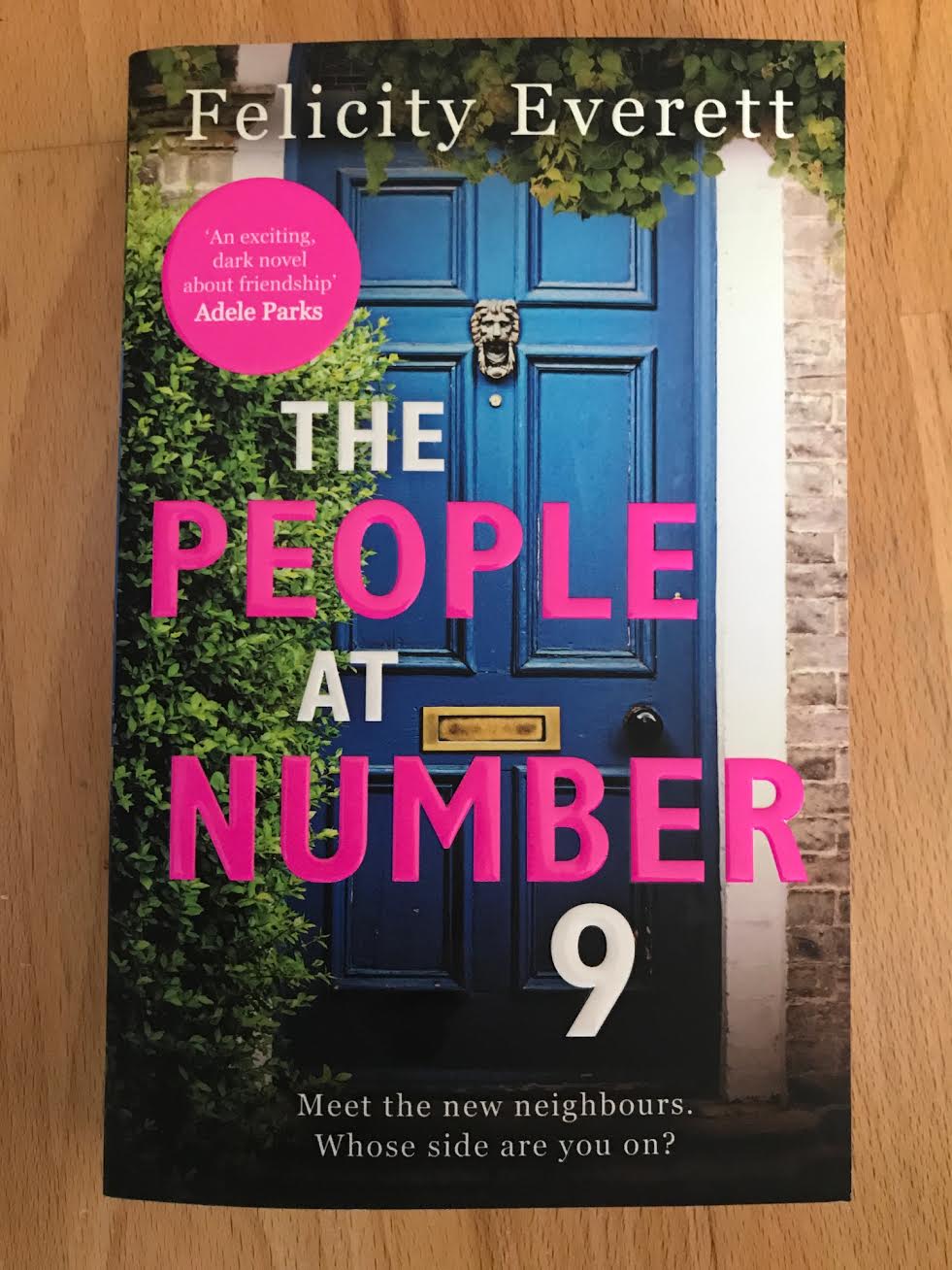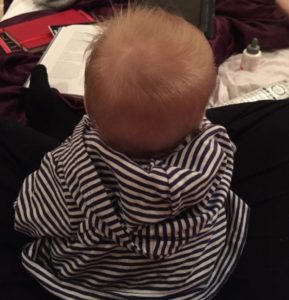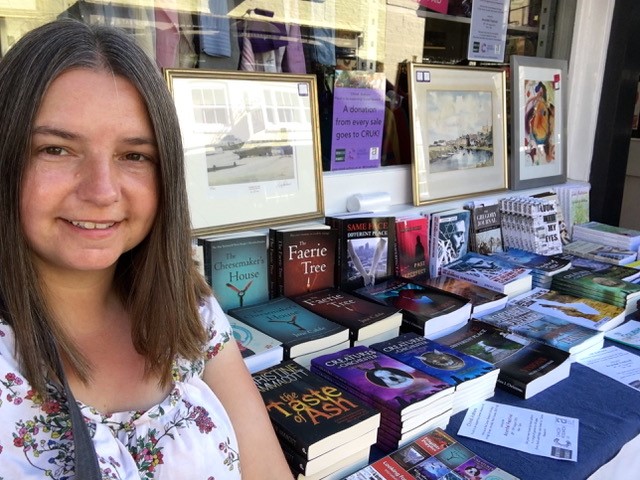For years I’ve been a frustrated story-teller, never having the time or peace to be able to concentrate and hurtling through life from one crisis to another, but now every day is like a blank page, here in my thatched cottage in Somerset.
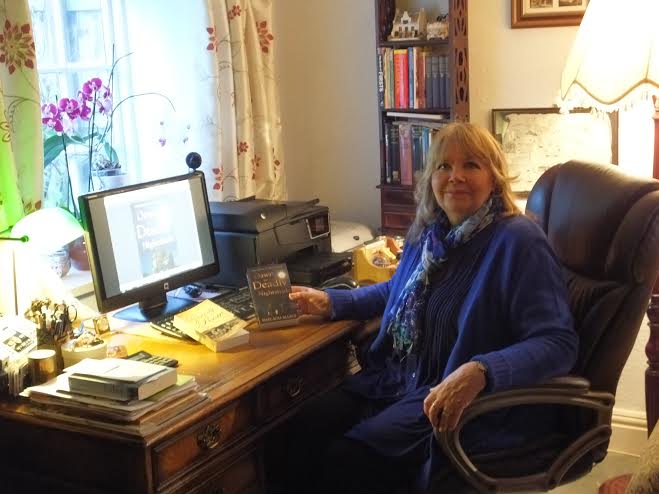
I met Margaret Graham years ago, at a writing circle in Yeovil. We have been friends ever since and good grief, the adventures we’ve had, as awe snatched moments from the home-front. I remember with fondness a trip across Ireland on a coach, enlivened by two America Baptist Ministers. We’ve seldom laughed so much, alongside absorbing the history of the place for a book Margaret was writing. It was here I kissed the Blarney stone. Perhaps that’s where the story telling began.
As time went on the sleepless nights with newborns; the back-breaking, lifting and chasing of toddlers; the homework of school years; the endless chauffeuring of teenagers, and the frantic the frantic worry of them prematurely experiencing the joys and heartache of the opposite sex, drunkenness, drugs and all-night raves became a memory.
No more renovating the derelict cottage sold long ago. No more rising at 6:30am to rush off to work as a practice secretary. At last my ship, with its rather bedraggled rigging, has sailed into a harbour of refuge. I am retired. Whoopee!
Now I listen as my husband leaves for work and lie in bed for a few more minutes, where in a state of alpha I’m able to dream. Then I soak in the bath, empty my mind and plan the trials and tribulations, love stories, intrigues, and let’s not forget the murders and rapes of my 19th century stories.
After breakfast I type out my bath-time plots. I usually write or research on-line, with a short lunch-break, until about 3.30pm and then I need to take a breather. I might do some gardening; mow the lawn, weeding or dead-heading just to breathe some fresh air.
Yes, my life has indeed reached peaceful harbour; my daughter-in-law takes the ironing each week and I take the grandchildren. I’m lucky, they’re lovely.
Of course, aside from the writing, I do have to participate in marketing the books and I’ve made many friends, particularly on Portland, through this. Every now and then I take a friend with me and drive down to the coast to deliver to my outlets there. We usually enjoy lunch at the Lobster Pot on Portland Bill.
The tales my father told, as a born and bred Portlander have inspired my writing, and my first two books are based around that area. Somehow it makes me feel closer to my parents.
I’ve now published two books with Matador. The first is Brandy Row (A love triangle and family saga set on Portland, involving smuggling and the preventive service).
The sequel is Dawn to Deadly Nightshade (continuing with the family, but adding witchcraft in Somerset to the mix).
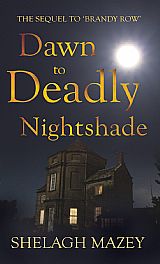
My third novel is located partly in Dorset, Somerset, Tasmania and Australia. It tells the tale of the ex convicts who were transported to the antipodes and involves the excitement of the Victorian goldfields. I’ve finished the first draft and I’m busy doing the revisions. I hope to bring out Legacy of Van Diemen’s Land next spring.
I totally love my life now. I am a writer. It is my dream come true.

